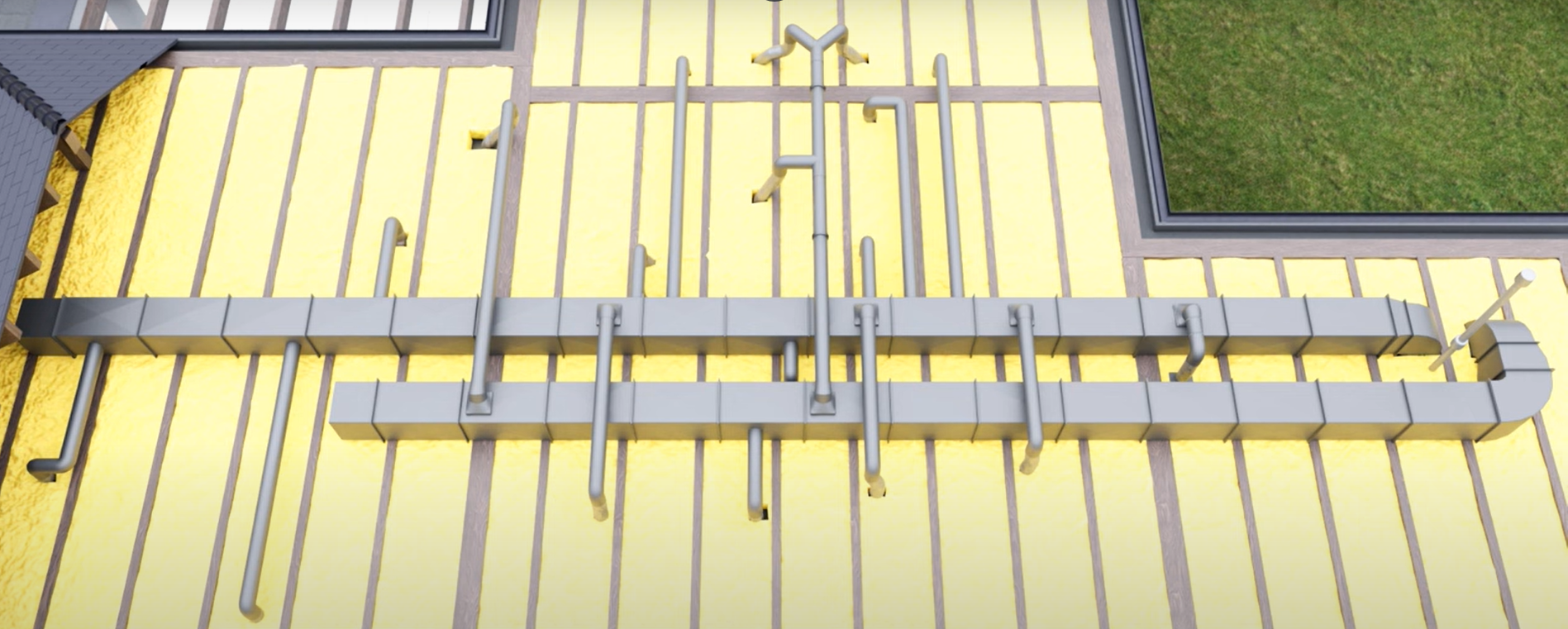Get Tech Tips
Subscribe to free tech tips.
Transform Impostor Syndrome Into Wisdom

This article was inspired by a recent short podcast episode covering a common issue among leaders, creatives, and technicians who try new things. You can listen to that podcast HERE.
Maybe you’ve had a time in your life where you felt like a pretender. You’re really not as knowledgeable as people think, and they wouldn’t respect you if they knew how much you really don’t know. Maybe you feel that way right now.
I know it’s an isolating experience, but you aren’t alone. Many of us in this industry, myself included, sometimes feel that we’re out of our depth; we’ve only made it as far as we have by faking everything.
That pesky feeling is called impostor syndrome. People who have impostor syndrome feel that they are not as competent as others believe they are. Maybe they feel that they owe their successes and positive reputation to luck rather than knowledge or skill. Impostor syndrome can strike content creators, business or industry leaders, and people who try new things in the industry.
When we try new things or put ourselves out there, we may think our knowledge or skills aren’t good enough. We’ll disappoint others if we’re exposed.
Sounds awful, right? It surely doesn’t feel very nice, but impostor syndrome isn’t the worst thing in the world. Most of all, you can transform those feelings of inadequacy into opportunities for self-improvement.
The upside of impostor syndrome
I know this may be controversial, but I think impostor syndrome can actually be kind of good for something: humility.
Of course, it feels horrible when inferiority suffocates you and makes you feel isolated. However, being humble allows you to be realistic about what you don’t know. When you’re realistic about what you don’t know, you can put in the effort to brush up on those things.
If you’re in trade school, you may feel insecure if you have a question that none of your classmates has asked. They MUST know the answer and be more knowledgeable than you, right? Then those thoughts can spiral into: “I don’t belong here. I’m just not cut out for this career path.”
No! That’s hardly ever the case!
When you find yourself trapped in the jaws of impostor syndrome, you can make a commitment to doing your best, asking questions when you don’t know things, or doing research to help you increase your knowledge base.
Besides, would you rather be the obnoxious person who blurts out the obvious and thinks he’s a genius? I didn’t think so.

The Dunning-Kruger effect
Ever notice how some of the people who have the most basic knowledge of a subject are some of the most confident? That’s so common that there is a name for that annoying phenomenon: the Dunning-Kruger effect.
The Dunning-Kruger effect pretty much states that people with low ability or knowledge tend to overestimate their competence. In other words, they don't know what they don’t know. They simply lack the self-awareness to be accurate judges of their own abilities.
On the other side of the spectrum, those who are knowledgeable and demonstrate high ability tend to doubt their competence. These people may generally be more humble about what they do know.
So, that’s why some of the least knowledgeable people tend to be some of the most arrogant. They refuse to admit what they don’t know, and they don’t allow themselves to grow because they won’t open themselves up to the possibility that they’re not experts. So, people on the low-ability extreme of the Dunning-Kruger effect suffer from the opposite of impostor syndrome.
When you have the humility to admit that you don’t know everything, you allow yourself to learn from others. You have the capacity to build your knowledge base and improve. Most of all, you have enough wisdom to assess where you are and plan how you can grow.
The goal is not to know everything
Realistically, we won’t ever know everything. No matter how much we learn about a subject, we will just become more aware of things that we simply don’t know—and that’s perfectly fine.
When we have the humility to acknowledge what we don’t know, we can give others a chance to share their expertise. We recognize opportunities to let others shine and learn from them at the same time.
Experts regularly join the HVAC School podcast to discuss aspects of the HVAC/R trades that I don’t know that much about. Let’s face it: a high-efficiency gas furnace episode without Jim Bergmann would have probably wasted your time.
The goal is to develop authenticity. Then, you will become wise enough to understand when you have reached the edge of your knowledge base. When you have that wisdom, you can become a connector who brings people together to share knowledge and help each other.
And yes… I'm a poser and shouldn't listen to me.. but now we are both clear on that point.
— Bryan











Comments
Frankly, I view the errors made by a humble poser or many imposters often a minor problem. “Pretenders’ who have overestimated their competence are less egregious than a “know nothing” experienced imposter. Bryan’s description of the Dunning-Kruger Effect overlooks discussing the very common “Mount of Stupid(ity)” situation where an individual professes competence but has based previous success on wrong assumptions.
Such a person is usually impossible to enlighten. Too often they lack the most basic knowledge. Their abilities may be and usually are high enough, but often their flippant nature impairs their ability to improve.
Frankly, I view the errors made by a humble poser or many imposters often a minor problem. “Pretenders’ who have overestimated their competence are less egregious than a “know nothing” experienced imposter. Bryan’s description of the Dunning-Kruger Effect overlooks discussing the very common “Mount of Stupid(ity)” situation where an individual professes competence but has based previous success on wrong assumptions.
Such a person is usually impossible to enlighten. Too often they lack the most basic knowledge. Their abilities may be and usually are high enough, but often their flippant nature impairs their ability to improve.
To leave a comment, you need to log in.
Log In